COVID-19 is an infectious disease that has been the root cause of a global pandemic spanning over two years and counting. The disease is caused by the novel coronavirus SARS-CoV-2, a virus in the same family as the common cold. Since its discovery in December 2019, scientists worldwide have been seeking ways to counteract the effects of the novel coronavirus.
For some individuals, COVID-19 presents as little more than a mild cold or flu. Others may experience diverse symptoms, including, among others, fever, sore throat, diminished taste and smell, nausea, confusion, and respiratory distress. It’s a confounding illness that has cost many lives and changed the fabric of the world, from the products we manufacture to the way we search for work.
While great strides have been made in the prevention and treatment of COVID-19, our battle with the virus is ongoing. Scientists continue to explore possibilities for both curing and preventing the disease. One possibility that is currently being explored is the potential for CBD to inhibit the virus’s ability to replicate within its host, preventing the illness from taking hold.
Interesting Findings

A recent study released by researchers at the University of Chicago in January of this year showed evidence that medical-grade CBD may be an effective ally when fighting the spread of COVID-19. Their research indicated that epilepsy patients treated with a highly concentrated, FDA-approved oral dose of CBD had significantly reduced rates of COVID positive tests.
To test their theory that the CBD treatments were responsible for the differences, researchers tested it on human lung cells. The lung cells were first treated with a CBD solution, then the novel coronavirus SARS-CoV-2 was introduced into the mix. Treating the lung cells with CBD had little to no effect on the rates of infection. The virus was still able to easily penetrate and infect the lung cells even after treatment. Replication of the virus within the cell slowed or stalled, however, rendering it ineffective and preventing symptoms from developing.
Researchers then exposed mice to the novel coronavirus after treating them with CBD. The treated rodents had significantly reduced viral loads in their lungs and nasal passages compared to untreated.
Treatments with other compounds from the cannabis plant, including CBDA, CBDV, CBC, CBG, and THC, weren’t as successful. These compounds affected neither the ability of the virus to infect the cell nor its subsequent replication rate. Adding THC, the psychoactive compound in cannabis, to the treatment even seemed to negate some of the CBD’s positive effects.
The Caveats
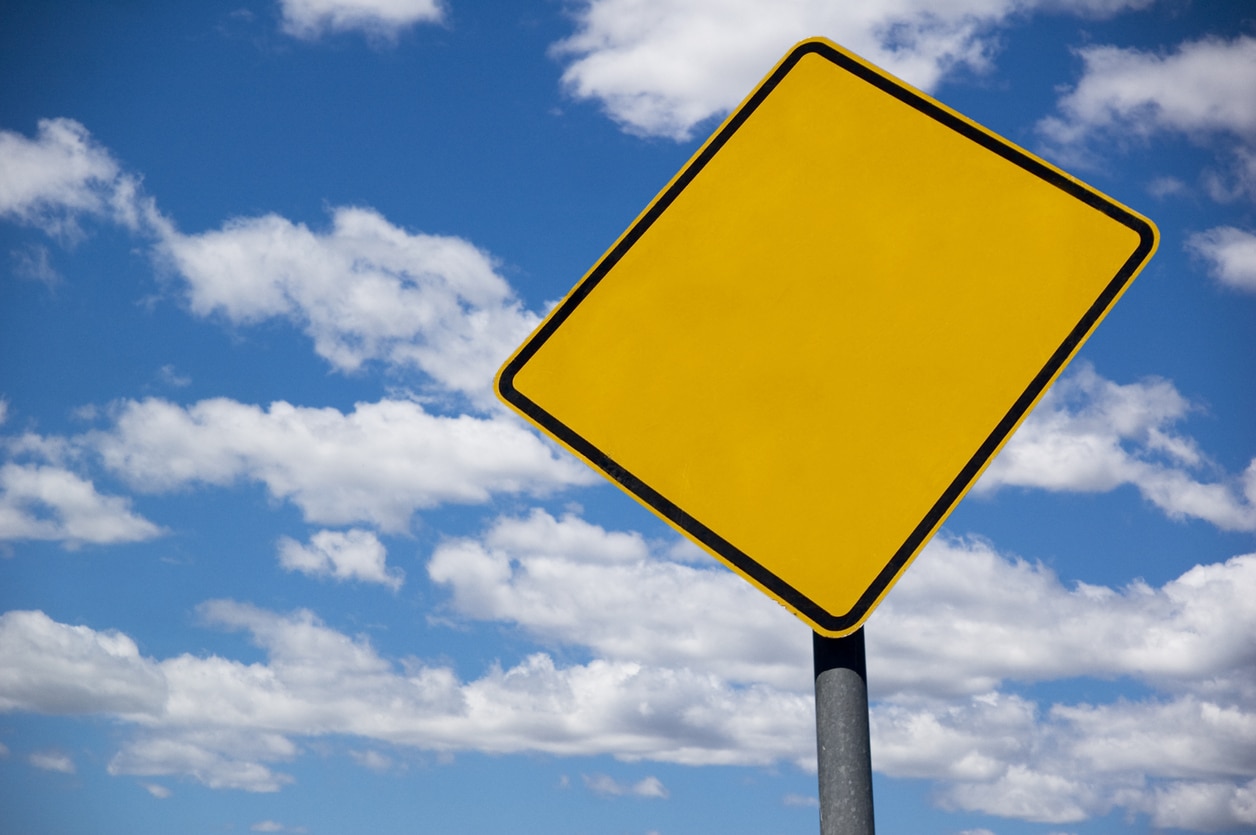
Although this information may ultimately be beneficial in the fight against the virus, it is not yet clear how helpful. Though results are encouraging, especially as a preventative measure, it is still very early in the testing process. Scientists have not yet been able to determine consistency over multiple trials, test for potential side effects, or determine appropriate dosing measurements.
CBD is also not the first compound to show promise as a COVID-19 treatment. Other remedies, including hydroxychloroquine, the HIV drug combination of lopinavir and ritonavir, and even high-dose zinc and vitamin C have been researched as ways to curb the novel coronavirus, only to fall flat in clinical trials.
Some of the challenges facing this remedy include issues such as:
Purity and Strength
The CBD used in the studies was an exceptionally pure and concentrated oral solution. It was developed from an FDA-approved drug used to reduce episodes of severe epilepsy. This concentration of CBD is not available to the general public and can be difficult to obtain.
Researchers briefly explored the efficacy of CBD from stores and dispensaries as compared to the concentrated oral solution. All of the formulas tested that were available commercially were inadequate for the task. While the application of CBD to protect cells from COVID-19 appears promising, it isn’t an alternative that you can find at your local CBD shop or marijuana dispensary.
Long-term Effectiveness
CBD blocked replication of the coronavirus both when the CBD was introduced before the virus, and when it was initiated up to six hours after infection, but it is less likely to be as effective after the viral replication is underway and symptoms have developed.
The Takeaway
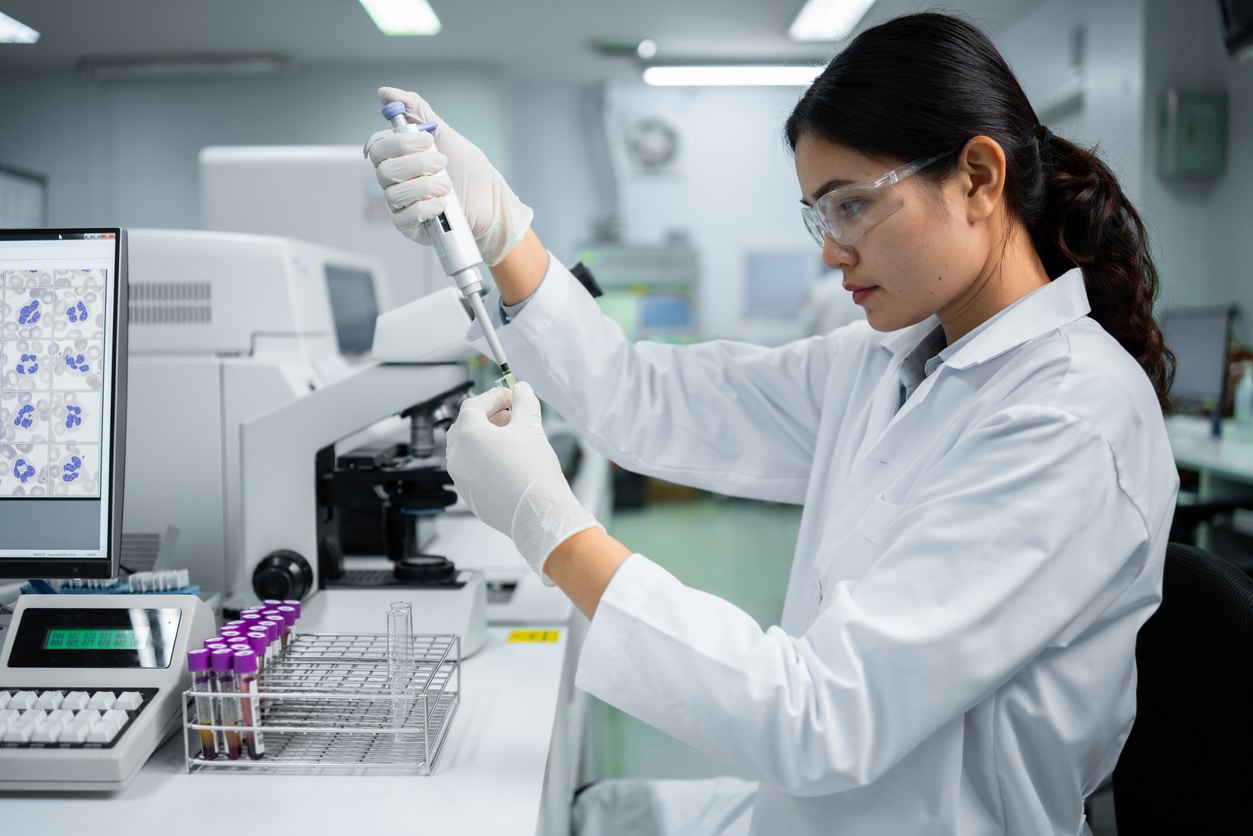
Scientists from multiple fields, including microbiology, chemistry, and molecular engineering, have recently begun studying the effects of high-potency, pure CBD on the novel coronavirus that causes COVID-19. These medications, originally formulated to treat epilepsy symptoms, are typically safe and well-tolerated, with very few side effects.
The recent studies showed researchers that the oral solution halts replication of SARS-CoV-2 in human lung cells. This gives us hope that it also has the potential to act as a prophylactic measure, preventing or shortening the duration of symptoms. Testing is still incomplete, however, in the areas of long-term viability, side effects, and dosing. Although researchers are eager to pursue further investigation, they are not yet recommending CBD as a treatment.
If you’re interested in trying out CBD to help you get better sleep, reduce stress, or as a pain reliever, here are some of our top selections:
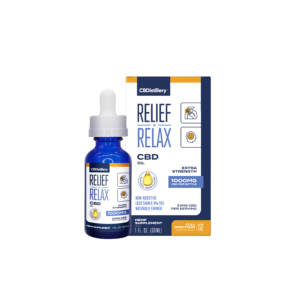
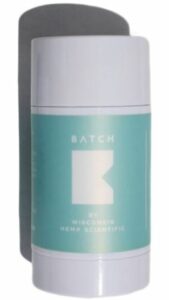
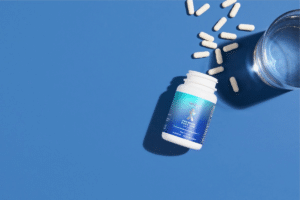
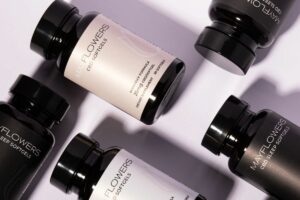
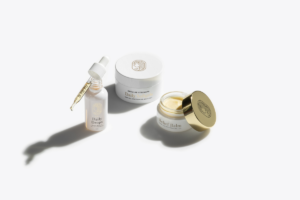
Read Next:
12 Medical Tests for Women Over 50







